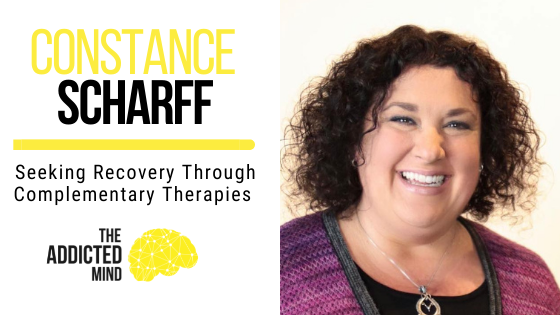Recovery is tricky. With alcoholism, for instance, people assume that if you remove the alcohol because alcohol is the problem, then you should get better.
But people in the first 30 days of recovery don’t get better, they get worse.
Addiction is referred to as “-ism” because these people use drugs, gambling, sex, or whatever the addiction is to solve their internal problems. And if you remove that, they don’t know what to do.
The Role of Trauma in Addiction
Many people with trauma resort to addiction in the hope of numbing their pain so they would feel better.
However, in sobriety, especially when you don’t have any good trauma treatment, you could end up being plagued with the trauma symptoms. The reason some people end up killing themselves is that sobriety doesn’t feel good and there are no options. The treatment they were getting didn’t solve the problem.
Trauma is stored in the body and once you can feel those feelings and release them, they would no longer have any hold over you.
Complementary Therapies for Recovery
Complementary therapies are about teaching people life skills that will serve them in their mental health and recovery.
Examples of complementary therapies are:
- Writing poetry
- Meditation
- Breathwork
- Acupuncture
- Music
Each of the therapies independently is nice, but it won’t solve the problem.
Rather, doing several of them together is synergistic because it becomes more than the sum of its parts. Each thing affects the mind and body in a different way. And so, you want to keep poking the brain so you don’t overfocus because addiction is about obsession.
You don’t have to be an addict, be in early recovery, or have to have a mental health issue. You can just be a regular person who’s having a bad day, and these complementary therapies will improve your outlook.
You don’t have to be good at writing music, playing music, singing, writing poetry, journaling, crafting, or acting either.
The brain doesn’t know the difference between skilled and unskilled. It only knows that you do it. And as you’re doing these, you’re changing your narrative. Then when you keep doing something else and changing it up, your brain starts to rewire.
If you want to learn more about complementary therapies for addiction recovery, check out Episode 169: Seeking Recovery Through Complementary Therapies with Constance Scharff.

